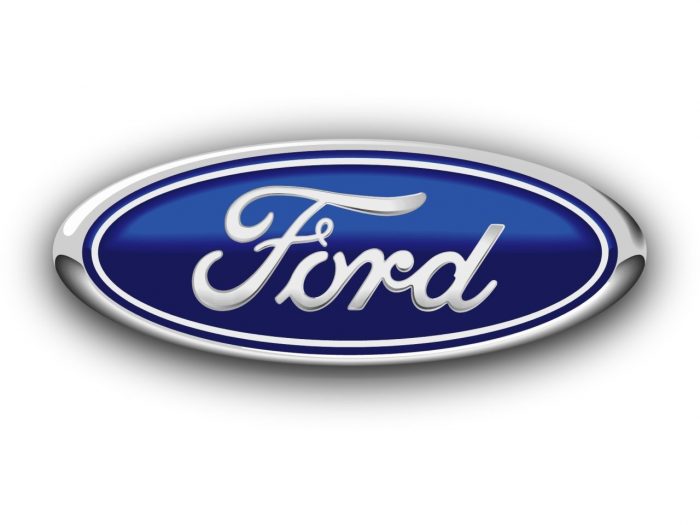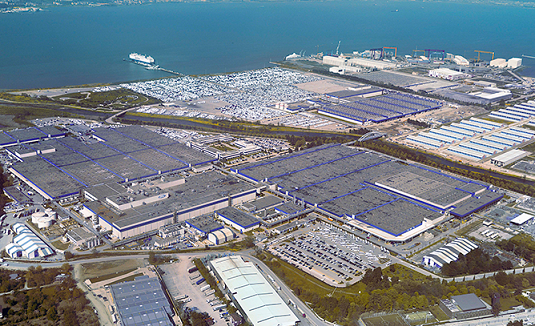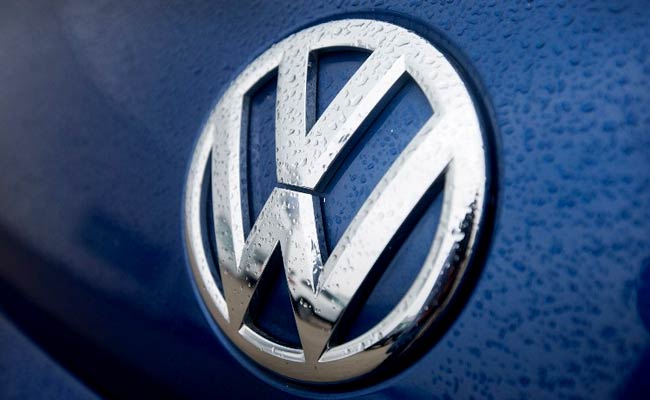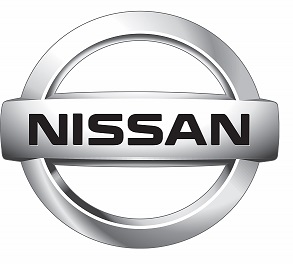Now Reading: Ford also need Brexit deals with Turkey, South Africa, automaker tells UK
-
01
Ford also need Brexit deals with Turkey, South Africa, automaker tells UK
Ford also need Brexit deals with Turkey, South Africa, automaker tells UK

Britain has to strike post-Brexit trade deals with countries such as Turkey and South Africa in addition to the European Union, Ford stated, highlighting the scale of the difficulty facing Prime Minister Theresa May to fulfill business demands.
Ford, Britain’s biggest automobile engine-maker, runs two producing sites in the country and like other companies has cautioned that any trade restrictions after it leaves the EU might contribute to costs and endanger British production.
The United States automaker rejects union claims it is planning to cut 1,100 jobs at its engine plant in Wales by the end of the decade after downsizing an investment there.
Ford sends out UK-built engines to Turkey, where it assembles its range of Transit vans and then exports numerous finished automobiles to Britain, benefiting from the barrier-free trade ensured by the EU’s customs deal with Turkey.
All of Ford’s Ranger pick-up trucks sold in Britain, on the other hand, are developed in South Africa, showing the interconnected supply and sales chain facilitated by EU trade deals with other nations, which Britain will now need to renegotiate as it leaves the bloc.
“For Ford, it’s not just important for the UK’s agreement with the 27 (staying EU) nations but equally important are nations like Turkey and South Africa which hasn’t really been discussed,” Ford of Europe CEO Jim Farley stated.
The company’s British-built engines deal with tariffs of as much as 2.7 percent, while car imports could be struck by tariffs of 10 percent if Britain has to draw on World Trade Organization trading rules.
Farley said it would be hard for political leaders to finish a full Brexit deal between now and March 2019, the end of a two-year period set out in EU legislation, and there had to be time to adjust to the new terms.
Stay Informed With the Latest & Most Important News
Previous Post
Next Post
-
 01Polestar Boss Says It’s Time To Outrun BMW M And Mercedes-AMG
01Polestar Boss Says It’s Time To Outrun BMW M And Mercedes-AMG -
 02Spy Shots: 2027 Mitsubishi Pajero Spotted in Testing Ahead of Possible U.S. Return
02Spy Shots: 2027 Mitsubishi Pajero Spotted in Testing Ahead of Possible U.S. Return -
 03Spy Photos: VW ID. Polo GTI Goes Electric with 223 HP and 280 Miles of Range
03Spy Photos: VW ID. Polo GTI Goes Electric with 223 HP and 280 Miles of Range -
 04The Controversial Ford Voodoo V8 That Was Killed Off Too Early
04The Controversial Ford Voodoo V8 That Was Killed Off Too Early -
 052026 Toyota Hilux EV: A Powerful Truck with Silent Torque
052026 Toyota Hilux EV: A Powerful Truck with Silent Torque -
![2027 Mercedes-Benz S-Class Debuts with V8 Engine [Photo Gallery]](https://speedlux.com/wp-content/uploads/2026/01/2027-Mercedes-Benz-S-Class-33-155x125.jpg) 062027 Mercedes-Benz S-Class Debuts with V8 Engine [Photo Gallery]
062027 Mercedes-Benz S-Class Debuts with V8 Engine [Photo Gallery] -
 07Hyundai Palisade’s Breakout Year Shows How Quickly the Market Can Turn
07Hyundai Palisade’s Breakout Year Shows How Quickly the Market Can Turn


![2027 Mercedes-Benz S-Class Debuts with V8 Engine [Photo Gallery]](https://speedlux.com/wp-content/uploads/2026/01/2027-Mercedes-Benz-S-Class-33-700x394.jpg)











































